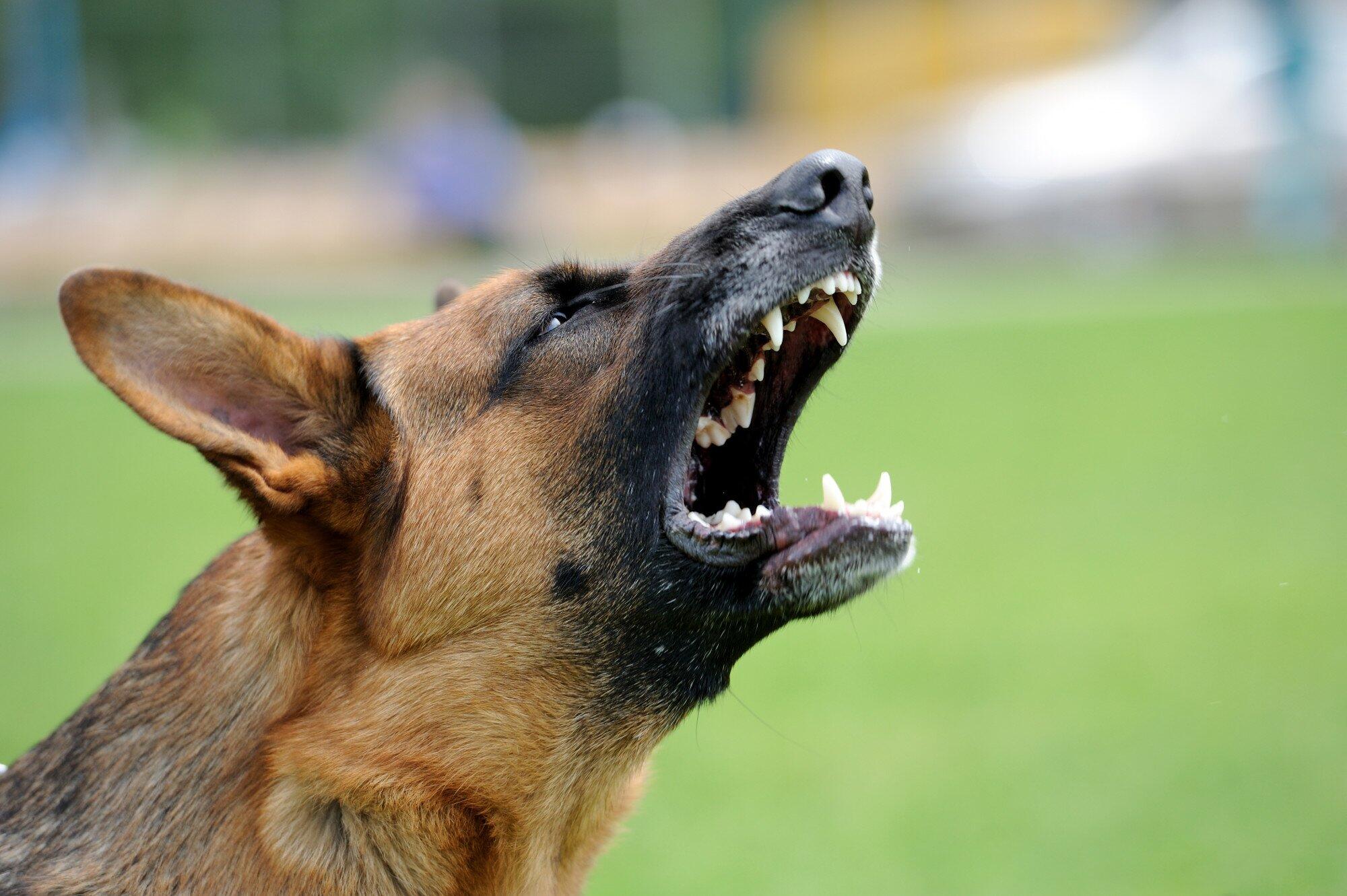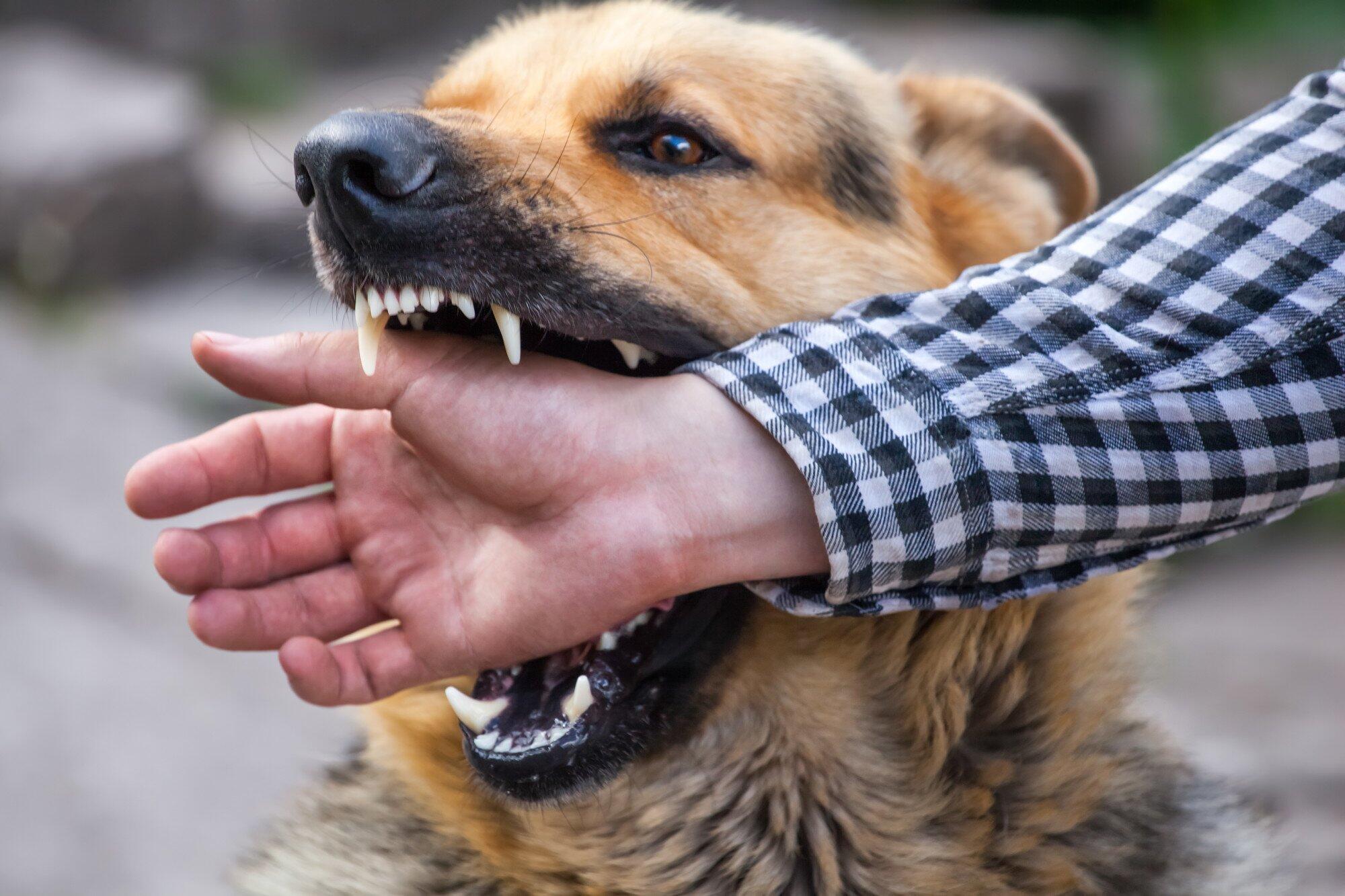
Navigating Your Dog Bite Injury Case: What You Need to Know
Discover expert advice on handling a dog bite injury case. Read now to learn your rights and strengthen your claim with BDIW Law.
Medscape reports that about 316,000 people in the U.S. visit emergency departments each year due to dog bite injuries.
A dog bite isn’t just a quick scare–it can cause lasting physical, emotional, and legal harm. You may be unsure of your rights, what to do next, or how serious your situation truly is.
A dog bite injury case goes beyond medical treatment. It often involves legal issues, questions of liability, and hidden long-term consequences. Understanding the dog bite legal process is key to protecting your rights and well-being.
Whether you’re seeking compensation for a dog bite or just looking for answers, this guide is here to empower you–not overwhelm you.
What to Do After a Dog Bite Incident
Most states set strict deadlines for filing personal injury claims through statutes of limitations. So, acting quickly after a dog bite preserves your right to fair compensation.
Here are key steps to help protect your legal rights after dog bite.
Get Urgent Medical Help
Besides preventing potential infections, seeking medical attention immediately demonstrates responsible behavior. Opposing attorneys may argue your injuries weren’t serious if you delay treatment.
It also creates a legal documentation of the injury. Medical records can support your liability claims by establishing infection risk or scarring. This makes it easy to refute dog owners’ claims that it was just a ‘minor nip’ or that you were not seriously injured.
To strengthen your dog bite injury case, your doctor should:
- Document the full extent of the bite injuries
- Take and save photos of your wound
- Prescribe and record all treatment
- Creates a record of emotional trauma
- Clearly write that the injuries were caused by a dog bite–not a fall or unknown cause
Identify the Dog and Its Owner
This step is the foundation of establishing liability. You identify who is responsible for the dog to hold them legally accountable.
A legal claim or lawsuit must be filed against the appropriate party to be valid. Identifying the correct dog or owner prevents delays and ensures your case is not jeopardized.
It also allows you to file a claim with the right insurer: homeowner’s or renter’s insurance. All these factors help build a stronger case, resulting in maximum compensation.
The information to collect about the dog owner includes:
- Contact information (phone numbers, email, address)
- Full name
- Homeowner’s or renter’s insurance provider
- The owner’s on-scene statements, such as admissions of fault or apologies.
- History of complaints or violations involving the dog
About the dog, ensure to collect the following information:
- Name and age
- Breed and color
- Body size
- Vaccination records, especially rabies
- Aggressive behavior or past bite history
- Registration number
- Where and how the bite incident occurred
Report the Incident to Authorities
Reporting helps establish formal documentation of a dog bite incident. The created official record serves as essential evidence in proving:
- That the incident occurred
- When and where it happened
- Who was involved
Courts, insurance companies, and attorneys rely on objective third-party reports to assess liability and damages. This means an official dog bite incident report gives your claim credibility and legal weight.
By reporting a dog bite incident, you assist in protecting public safety. Officials can monitor dangerous dogs, possibly preventing future attacks on others.
They can also verify whether the dog that bit you is up to date on rabies vaccination. This information is crucial to your health and legal claim.
Consider reporting a dog bite incident to local animal control and the police department. These authorities can assist in investigating the incident by gathering witness statements. They can also assess the dog’s behavior, adding independent verification to your claim.
Document the Incident
Documenting creates a clear, factual record of the dog bite event. It also helps preserve the evidence.
Documentation can demonstrate the severity of a dog bite injury. This strengthens your case when negotiating with insurance companies or presenting in court. It also protects against disputes by the dog owner.
Take clear, close-up photos immediately after a dog bite incident occurs. Ensure you capture:
- Wound and blood stains
- Torn clothing
- The location
- Broken belongings
- Lack of leash or restraint
Ensure you also request copies of all medical reports, treatment records, and bills. Get witness statements from anyone who saw the attack.
Hire a Professional Legal Representative
Expert dog bite lawyers like BDIW Law understand specific statutes, local ordinances, and liability rules that apply in your area. We can help you navigate the complex dog bite legal process easily.
We also know how to calculate full damages, economic and non-economic damages, such as:
- Medical expenses
- Lost wages
- Pain and suffering
- Future care
Our expert team has experience dealing with insurance adjusters and negotiating settlements. They can counter all tactics used by dog owners or adjusters that aim to downplay your injuries, shift blame, or reduce your compensation.
Professional dog bite lawyers know how to demonstrate prior aggression. They can show that the dog has a history of biting or aggression to prove the owner was aware of the risk.
Our Team Is Here To Assist You Every Step Of The Way.
SPEAK TO AN ATTORNEY TODAYFactors That Affect Compensation for Dog Bites
Each dog bite claim is unique. It’s shaped by specific circumstances that affect legal responsibility, medical impact, and financial consequences.
More severe dog bite injuries attract a higher amount of compensation. Severe dog bite injuries include
- Deep wounds
- Nerve damage
- Broken bones
- Permanent disfigurement
Minor injuries that attract less settlement include bruises or minor scratches. What you incur in treating a dog bite can also influence your compensation.
Medical records, receipts, and bills are reliable proof of your dog bite medical expenses. Other factors that impact compensation for dog bites include:
- Insurance coverage limits
- Lost wages or income
- Dog owner negligence
- Emotional and psychological impact
Building a Strong Dog Bite Injury Case
Every dog bite injury requires swift action and expert legal guidance. Whether you’ve suffered physical wounds, emotional trauma, or both, you deserve justice and fair compensation.
A dog bite injury case may feel overwhelming, but you don’t have to walk it alone. At BDIW Law, every injury case is personal–because it is to you. Since our founding by Fred L. Boettcher, we’ve successfully handled injury claims for over 65 years.
Contact us today and take the first step toward justice.









